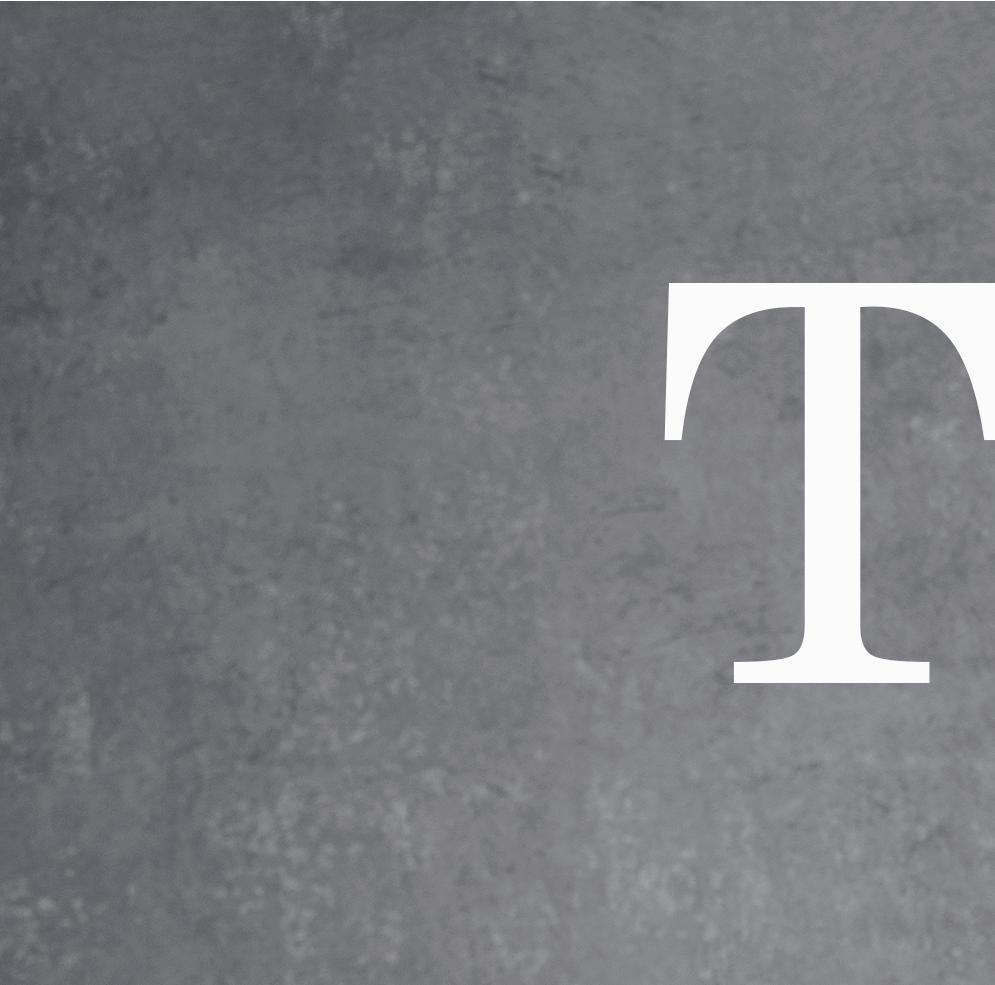
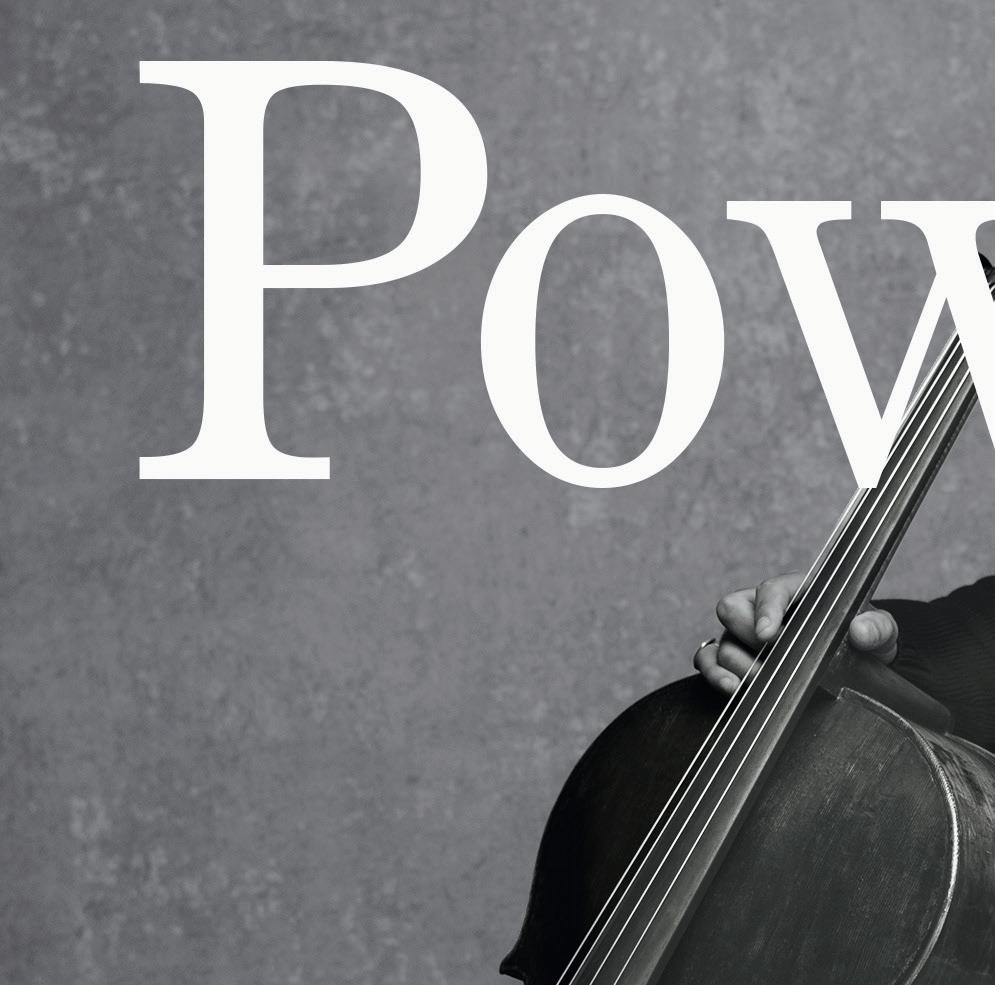
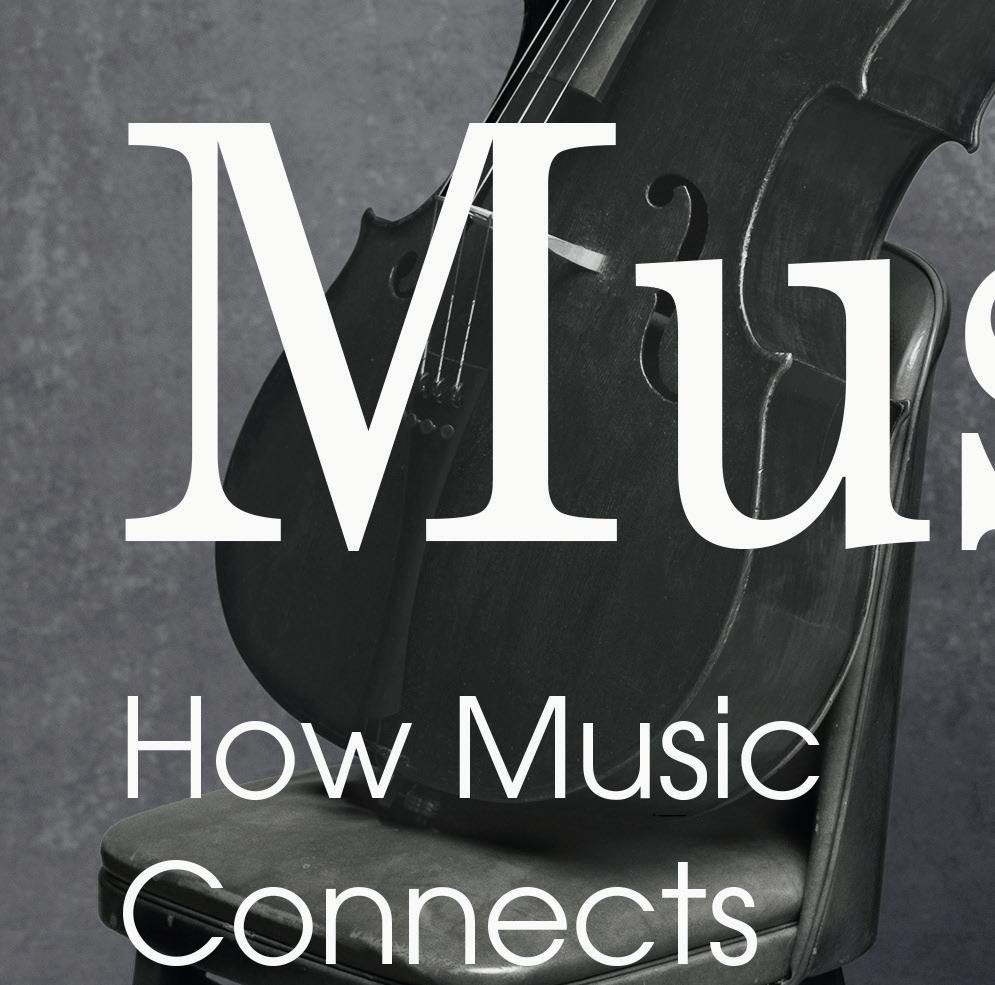
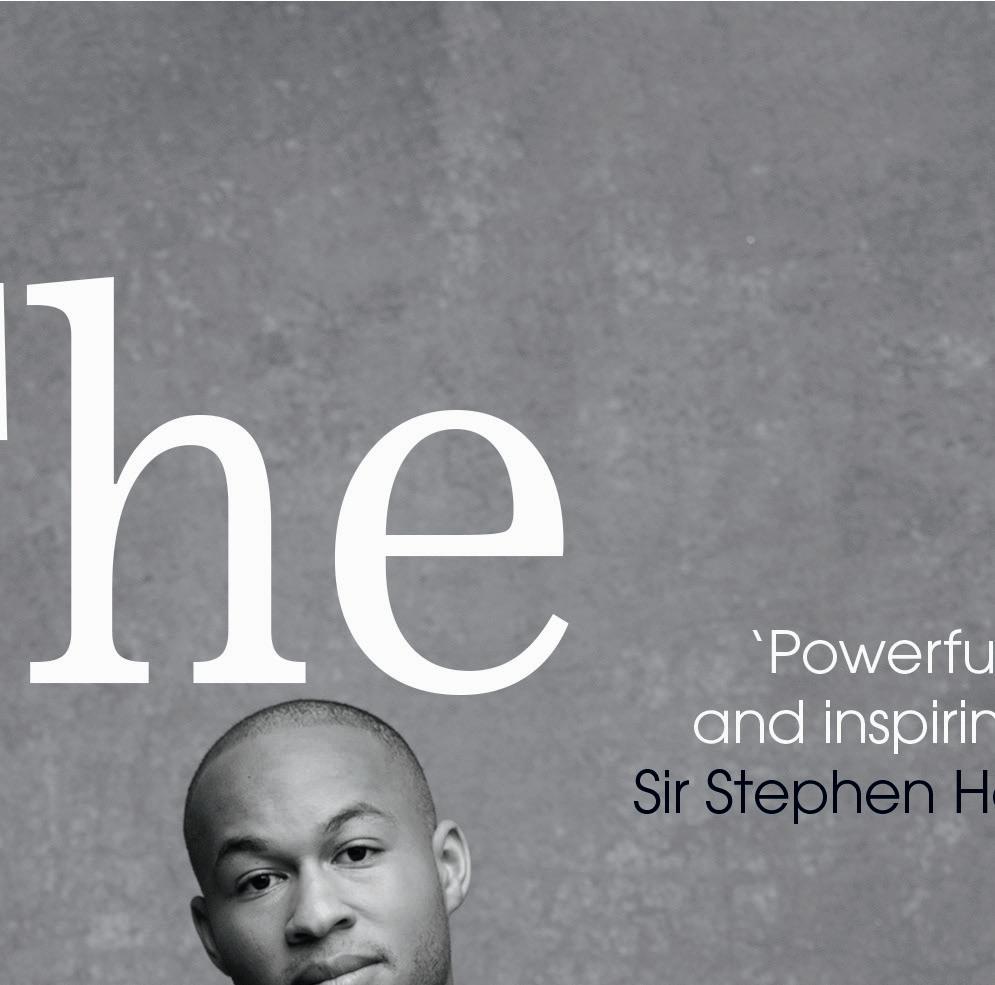
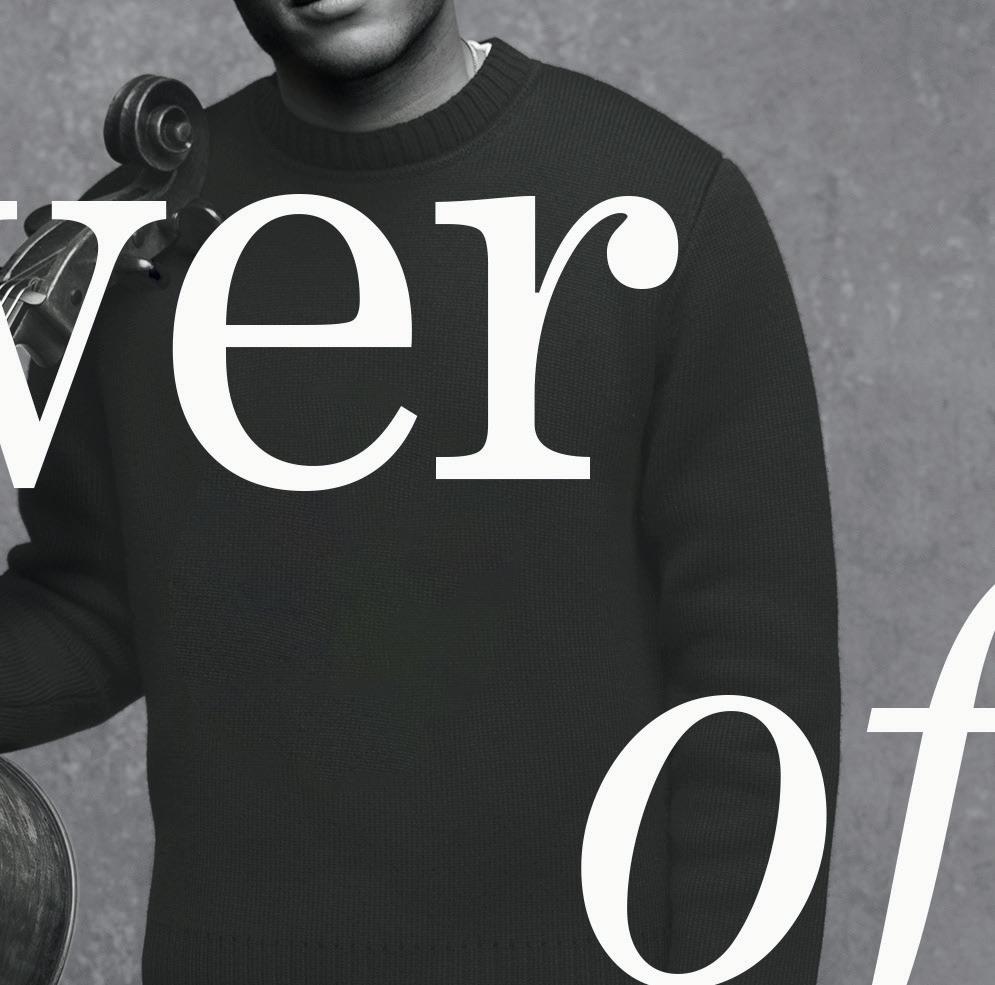
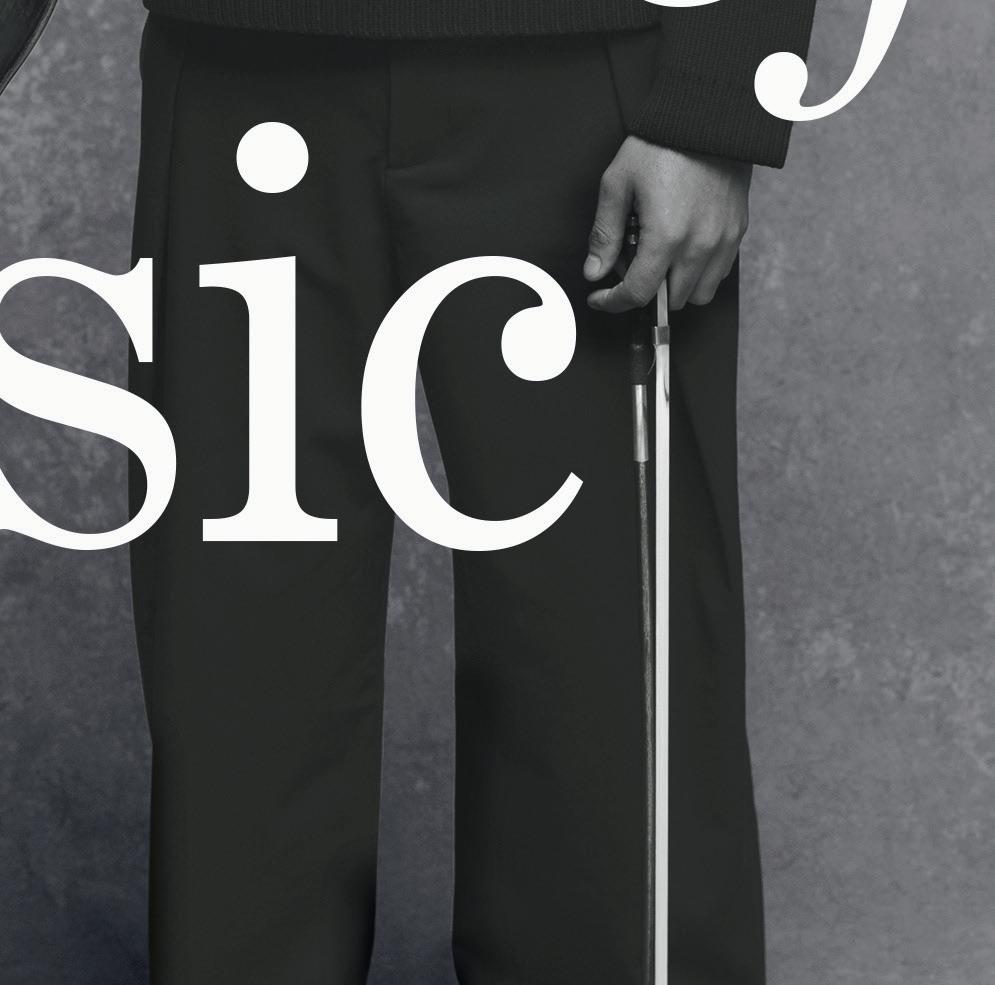

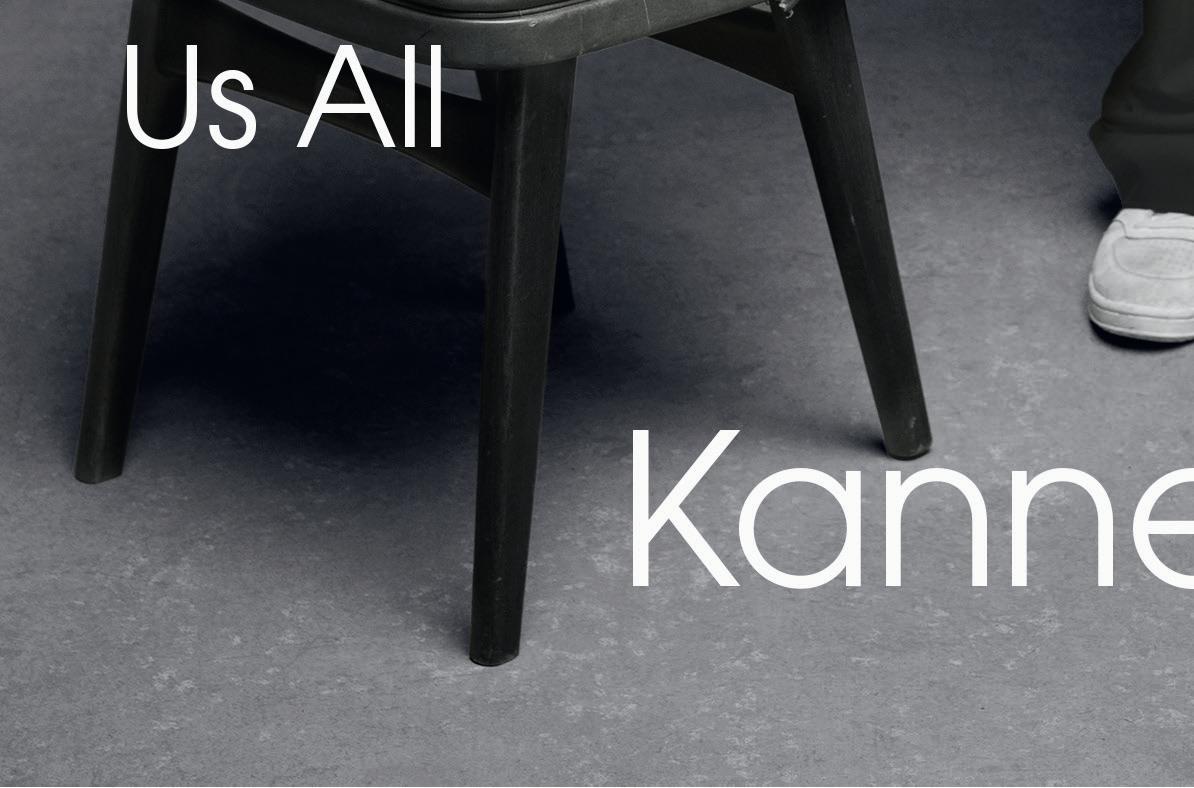
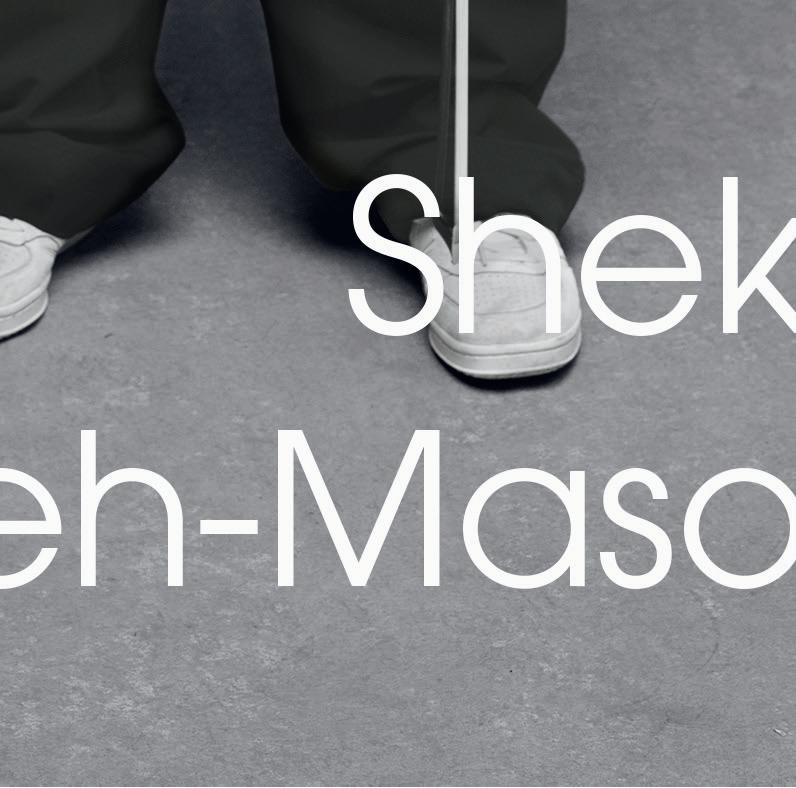

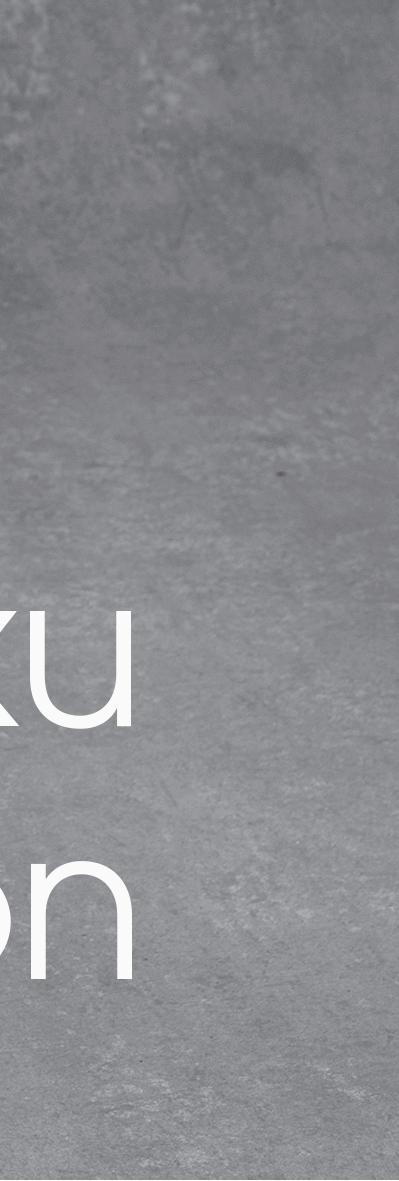












UK | USA | Canada | Ireland | Australia India | New Zealand | South Africa
Viking is part of the Penguin Random House group of companies whose addresses can be found at global.penguinrandomhouse.com.
Penguin Random House UK , One Embassy Gardens, 8 Viaduct Gardens, London sw 11 7bw penguin.co.uk
First published 2025 001
Copyright © Sheku Kanneh-Mason, 2025
The moral right of the author has been asserted
Penguin Random House values and supports copyright. Copyright fuels creativity, encourages diverse voices, promotes freedom of expression and supports a vibrant culture. Thank you for purchasing an authorized edition of this book and for respecting intellectual property laws by not reproducing, scanning or distributing any part of it by any means without permission. You are supporting authors and enabling Penguin Random House to continue to publish books for everyone. No part of this book may be used or reproduced in any manner for the purpose of training artificial intelligence technologies or systems. In accordance with Article 4(3) of the DSM Directive 2019/790, Penguin Random House expressly reserves this work from the text and data mining exception.
Set in 13.5/16pt Garamond MT Std
Typeset by Jouve ( UK ), Milton Keynes
Printed and bound in Great Britain by Clays Ltd, Elcograf S.p.A.
The authorized representative in the eea is Penguin Random House Ireland, Morrison Chambers, 32 Nassau Street, Dublin d 02 yh 68
A cip catalogue record for this book is available from the British Library isbn : 978–0–241–56132–4
Penguin Random House is committed to a sustainable future for our business, our readers and our planet. This book is made from Forest Stewardship Council® certified paper.
This book is dedicated to my beloved grandfather Arnold Mason (25 May 1926 – 10 September 2021), who used to stand in the doorway while I practised, and who sat and listened to me for hours.
I am a cellist. My reason for writing this book is to examine what that means, and especially what that means for someone like me. When I look at where I’m standing, I realize there were many accidents and surprises paving the way to this position. And also many things in place that steered me in this direction and unsurprisingly, maybe inevitably, led me here.
I want to explore why my first two sentences need the qualifier of ‘for someone like me’. My life, at the age of twenty-five, involves regular international concert touring, recording, interviews, television documentaries, work with children and young people, still playing to my conservatoire teacher, Hannah Roberts, and teaching as a professor at the Royal Academy of Music. My live concerts include being a concerto soloist with orchestras across the world, playing chamber music with other musicians I admire, performing recitals with my siblings, practising several hours a day, and constantly working on new repertoire.
I now live in London, but grew up in a noisy house in Nottingham, bulging at the seams with seven children, two parents, lots of instruments, books of music, books in general, board games, art materials, and racks of
shoes – mostly football boots and trainers – against the wall by the front and back doors. I went to the local primary and secondary schools in the city, and came home to the smell of big pots of chicken and rice, and the rowdy company of six siblings ready to eat, talk, joke, play and practise. I grew up with music, sharing, play, company and the creative world of imaginative games.
Music existed in a range of contexts and had many manifestations. We danced to music, we sang in choirs, we made up songs together, we listened to music in the car on our way to lessons, or on our way to compete at festivals. We played chamber music together in the hallway, or improvised, bouncing off each other’s ideas and knowledge, or simply imitating music we heard on CD s, or the radio, or with our friends. We were taken to classical music concerts at the local concert hall, and listened to other young musicians playing at school, or at Saturday lessons at the Primary and Junior departments of the Royal Academy of Music. We listened to music in church, or on film scores at the cinema, or to accompany stories on CD or tape. And we learnt the art and skill of playing musical instruments.
My parents, although not musicians by profession, had both been taught to play instruments as children. They had seen first-hand how rewarding it was to develop as musicians, and to play with others in orchestras, schools and community groups. They were determined that we should have the same experience.
It was obvious, from an early age, that I would become a cellist. But it was also unlikely that someone like me would become a cellist. It was obvious because, from the moment I had the luck and privilege to hold a cello in my hands, from the moment I was encouraged to learn, it became an overriding preoccupation and the central focus of my days. It was unlikely because I didn’t fit the usual profile of a classical cellist. I came from the wrong background. The way I looked and spoke did not fit. I had no evident role model to follow. And that is why a main element of my career as a musician today is the work I do to promote music education. I am passionate about bringing other children and young people from ‘likely’ or ‘unlikely’ backgrounds to music, and to introduce them to – or encourage them with – learning to play musical instruments. And this is because I recognize that, even with my family’s love of music, it is becoming increasingly unlikely for those with my background to become classical musicians.
The dominant image of a classical musician when I grew up did not look like me. It was difficult to find a projection of who I might be if I became a professional cellist, but the people around me simply refused to admit this was a barrier. I realize now, as an adult, just how effective this refusal was. My parents, relatives and teachers shone their light on the music and not on the world before me. Every child needs the support and encouragement of a family, a community, a school to
provide a positive reflection of who they are or might be. Good teaching is vital, and the offer of excellent as well as progressive and in-depth instruction has to be available to all.
I was incredibly lucky to be surrounded by a musical family, musical state schools, a supportive community with many music-making opportunities, and wonderful teachers. But the randomness of luck cannot and should not determine the face and the future of music. Luck is too often the product of unequal privileges, rather than talent, inclination, application or desire. And when luck strikes outside the restrictions of privilege, it’s an exception that proves a brutal rule.
I hope I can be an inspiration to those who believe in the importance of music, and to those who dream of the chance to perform, to learn and to create music. I hope I can persuade parents, teachers and policy-makers of the value of music for young people. I hope I can continue to bring live and recorded music to people of all ages.
The future of music, in all its glorious forms, depends on what we offer to children from the earliest age, and on how wide we open our doors in welcome. Music is our self-expression, our identities, our histories, our individual memories and our collective selves. Music is what makes us alive, mindful and connected to each other. Music is what makes us empathetic and insightful. Music is what makes us human. This is the power of music.
One of my earliest, most vivid, memories takes place in the house of my Welsh maternal grandmother, Megan Kanneh. I must have been about five years old and the sun was streaming through the glass doors at the back of the dining room, which we called the ‘playroom’. There was an LP turning on the record player, and it was a Bob Marley album. I don’t recall which one, but I remember the way his voice made me stand, stock-still, as though time had been arrested and a beautiful space opened up where nothing existed except the music. I was usually running, climbing, wrestling with my brother or racing with my sisters, but now all else dissolved except for this special sound that spoke personally to me. The music had a depth I didn’t question, but which I was able to sink into, alert to the way it made me feel, light and heavy at the same time.
Another early memory is in Antigua, in the Caribbean, where we were staying with our Antiguan grandparents, Enid and Arnold Mason, my dad’s parents. It was Carnival, early on J’ouvert Morning, and we were standing on the side of the road, grown-ups towering above my sixyear-old self, and an incredible energy driving through
my body from the rhythm of the steel pans. The first lorry came past and I could finally see what I’d been hearing. The lorry shook and bounced with the dancing, drumming, violent beating of the pans and the song they sang was hammered out through my body with a kind of sweet pain that transfixed me.
Later, at the age of seven, I remember sitting in the family car, crammed full of brother and sisters. It was halfterm and my mum was driving us to swimming lessons. Time in the family nine-seater car was always music time, whether we were on the way to piano lessons, or to a music festival competition, or to visit grandparents. We had been listening to Schubert’s Piano Quintet in A Major, D.667, known as the ‘Trout’ Quintet, on repeat for a whole week. We heard the chatter of five voices in the piano, violin, viola, cello and double bass, mimicking each other, joking, teasing, each trying to have the last comment, laughing, debating, talking seriously, questioning, having fun. It made me understand that chamber music is like family life. In the love and safety of those you know intimately, ideas are thrown around, caught, developed and changed in a glorious conversation of lively, individual voices. We loved this piece, and sang out each part. By the time we played it together, years later, we knew the piece intimately, and we were enduringly in love with chamber music.
The ‘Trout’ Quintet has five movements and is just under three quarters of an hour of classical string chamber music. Chamber music – music for two or more
instruments – is written to be played in a room, a chamber, rather than on the stage of a grand concert hall. It is music for a home – albeit usually a great home – where the audience is selective and the atmosphere intimate.
This piece was a favourite of my dad’s parents, especially the televised version, filmed by Christopher Nupen in 1969 with Daniel Barenboim ( piano), Itzhak Perlman (violin), Pinchas Zukerman (viola), Jacqueline du Pré (cello) and Zubin Mehta (double bass). When my grandparents came to visit us in Nottingham, we would play this, recorded from the television, and Grandad would invariably conduct from the settee. The film followed these five famous musicians as they sourced their instruments, rehearsed, played each other’s instruments for fun, grandstanded and exchanged interpretations. The serious tension of a performance about to begin on the stage of Queen Elizabeth Hall infused the performative play backstage with an energy we never forgot. And all this became personal in the presence of Grandad, waving his arms, singing along and smiling.
These different musical influences – reggae, soca and classical – are not ranked in my mind as high and low, or serious and frivolous, but they exist together as part of my musical memory, along with so many others. They unlocked what I mean when I think about the purpose of music. They gave me the keys to experience music viscerally, physically and intellectually, and to associate music with the most vital elements of family, history and love.
Music is an art and a skill, but it also has the power to affect emotion, to express inner feelings and to encourage human connection. From childhood to old age, that sense of creative energy and empathy – the understanding of pain, passion, joy and wonder – are vital elements of healthy emotional maturity. Being introduced to music from the earliest age is a gift. It should, however, not be a privilege, by which I mean a special advantage given as a birthright to a circumscribed group of ‘special’ recipients. Words like these are slippery and can slide into places we don’t mean them to be. Music is special and we should of course treat it as a privilege, but also as a fundamental right not fenced off for only the ‘privileged’. Music is at the core of our ability to understand others and to unlock our own articulation of self even before we can express ourselves through the spoken word. Yet, sadly, we are moving ever further into a society where music is torn out of state school education and out of reach of the majority of the population. Learning music as a subject, playing a musical instrument, performing as a professional or teaching music to others is becoming the province of a privileged few.
So what do I mean by music? I am often asked, both in media interviews and in more casual conversations, whether I rank classical music in a higher sphere to all other genres, and why I insist on the relevance of classical music in modern life. For me, it is not the genre that
is at stake but what the music demands of the listener or the player.
Music has many functions and contexts, and operates at multiple levels. The meaning within the same piece of music can change repeatedly throughout a person’s life. Deeper layers of understanding can emerge with greater levels of competence and knowledge. The power and effects of the same piece of music vary according to context, performer, audience, political or social environment. And, while music can create extraordinary group cohesion, everyone stands in their own place while listening.
If I think about Schubert’s ‘Trout’ Quintet, a piece of music that has followed me from childhood to adulthood, from young learner to professional cellist, it hasn’t remained frozen in time, but has changed and matured along with me. My first encounters with the piece were based on an idea of musical interpretation as a kind of light-hearted competition between players. The quintet, in the hands of musicians I admired on-screen, and in the joyous appreciation of my grandparents, was ultimately an extension of family life. As children, we sang the parts we’d memorized, switching between instruments in a fantasy rendition of the real thing, projecting our voices into a future shaped by our determination to perform the music with each other and in public.
We had to grapple with the practical realities of translating what was in our heads through instruments we were trying to learn.
Then there was the problem that our violist, Isata, was also our pianist. I was about nine at the time, which meant that four of us were already playing as a budding string quartet. Isata would have been eleven or twelve, Braimah and Konya on violins would have been around ten and eight, and Jeneba six. Aminata would have been only three years old and Mariatu a baby, or perhaps not yet born. My parents had decided that our ambition for Jeneba to play the double bass wasn’t remotely practical. We only saw the perfect idea of five of us playing our dream piece. Our parents could foresee the recurring nightmare of trying to get a huge double bass into an already overcrowded car. They knew that seven children, four or five violins and, at that time, one cello left no room for the coveted double bass. So one cello became two and we were one viola and one double bass short of the Trout ‘Quintet’.
Playing with family members is an undeniable joy for us. The ease with which we move between banter, bickering and bouncing off each other makes the process of rehearsal riotous, intense and easy all at the same time. But to play Schubert’s ‘Trout’ Quintet we had to work with viola and double bass players outside our family circle. We now couldn’t rely on gestures, visual or verbal shortcuts, shared memories or well-worn jokes. There
were different skills to learn. This called for a more formal and responsible engagement with the music and we had to be sharper and more alert to what we had happily taken for granted. In that way, the music expanded its borders and took us to places we hadn’t imagined.
I remember moving from my understanding of the ‘Trout’ Quintet as song and lively chatter to something much deeper and more emotional. The more I explored, the more complexity I found. Somehow, my responsibility to the piece became more than simply child’s play. It shifted to the art of communicating playfulness while understanding the sophistication of Schubert’s composition. I was no longer a young boy, delighted by music, but a musician occupied with the technicalities of an art form. And my job was to reveal a child’s delight.
Our first public performance of Schubert’s quintet came when we collaborated with Stephen Upshaw and Chi-chi Nwanoku for a Chineke! Foundation event in 2015. Chineke! Orchestra was inaugurated in that year by Chi-chi Nwanoku as a majority Black and ethnically diverse orchestra, with its first concert at Queen Elizabeth Hall two months after this introductory chamber recital. For the first time, we were delving into the music with professional detail and a level of exposure that charged everything with excitement and a shining level of fear. I was sixteen, Braimah seventeen and Isata nineteen. We were so young: there is a video clip of us that day, and when I watch it back now, I can’t help noticing
that my voice barely sounds broken. Here we were, our dream about to come true in front of a public audience, with the piece we had part-dreamt since those half-term car trips to swimming lessons.
Was this the same piece of music we sang together as small children? We were about to perform this major classical Romantic piece with these two other Black musicians as part of a statement of intent. We wanted to be visible in the world of core classical music as Black musicians and we hadn’t forgotten the famous musicians in the Christopher Nupen film. We hadn’t forgotten what tradition we were stepping into and disrupting.
Schubert’s ‘Trout’ Quintet is still at the centre of our chamber repertoire, revisited at different moments in our separate and overlapping solo careers. We have just recorded the piece for our most recent family album with Decca Classics with Edgar Francis and Toby Hughes and it always occupies a special, thrilling place in our hearts. On this album, we return to what the music means for our identities as family members in a line of history and heritage from our grandparents to the present.
As human beings, and as emotionally articulate, social people, we all have the need to be introduced to music from the start of our lives. We need music that operates at the deepest levels of our imagination and stimulates our creative intelligence beyond what is deemed to be
appropriate for our age and ability. The underestimation of children is the greatest loss to any society.
We need music to demand thought, encourage learning and application, stir concentration and excite the most profound reaction. We also need music for release, for ritual, for dancing, for fun. We need music for the expression both of individual identity and of ourselves in history. Music should be shared, taught, listened to, played and sung. It should also be explained, discussed, reinvented and played with. It is not a question of ‘demystifying’ music. But we should not be afraid of giving children the tools to think as well as, and in order to, feel. Music is not passive. Knowledge and education should not be divisive words.
In children’s learning, music can be part of an education that stimulates responsive engagement. Music challenges children and adults at the deepest levels of their thoughts and feelings. We are, and need to be, active learners and curious, searching, questioning beings. Music can be a fundamental pathway for this.
Children are incredible.
I still think often about the children I knew at primary school. As a state school with a strong musical ethos, Walter Halls Primary School in Nottingham lit the spark for so many of its city children. Words like ‘underprivileged’ or ‘disadvantaged’ would have made no sense to any of us, and we certainly didn’t feel disadvantaged. We were all ordinary children together. Although there is no
such thing as ordinary. I used to love putting on school shows, always at Christmas and often in the summer term as well. A transformation would take place where the children around me brimmed over with talents I didn’t know they had. From kicking a football around the playground or making too much noise in the classroom, one of my friends would suddenly sing with a voice so clear and in tune it would astonish me. Or they would act out a character onstage and add their own comic twist. Or I would look on in awe as they dominated the stage with brilliant dance moves.
We would see in each other our possible future selves and they seemed limitless. But then, the state secondary education offered to so many of my fellow primary classmates refused to recognize the shining gifts we had all shared as younger pupils. This led, in so many cases, to a great loss of confidence and a personal and collective deprivation I find difficult to accept.
In state education, children are often permitted – or tolerated – to pursue artistic pursuits, but this is regularly followed by an irritated intolerance of serious creativity in teenagers. In English schools, for example, students are encouraged to study the English Baccalaureate, described as ‘a set of subjects at GCSE that keeps young people’s options open for further study and future careers’. The list includes English language and literature, maths, the sciences, geography or history, a language – but not music.
If we underestimate the importance of creativity we forget to take childhood seriously. By treating music as frivolous, we condescend to children and limit the possibilities of the adults they could become.
Our family built a determined wall against the chipping away of creative confidence. Music was playtime and fun, but it was also serious. We were expected to work. We knew that instrument-learning demanded daily repetition and practice, even when we didn’t feel like it. The rewards were reaped through striving and discipline, and these were attributes that linked us to the world of adults and would help us take our place in that world.
If we had not been attentively listened to and taken seriously, our sense of ourselves as serious musicians, or more generally as people with something to say, would have lapsed and been left behind in childhood sparks that lived for brief moments, then died.
My parents say that you always know when a concept is in crisis when you are called upon to analyse it. And then, in its defence, you have to strip it, pull it apart and try to understand intellectually what you already know instinctively. My parents accepted, without question, that music is a natural and necessary part of the human condition and inherent in human well-being. Yet they also understood its status as an art form, a skill and a study.
Music was natural in my parents’ lives because it connected them profoundly to their identity. Childhood,